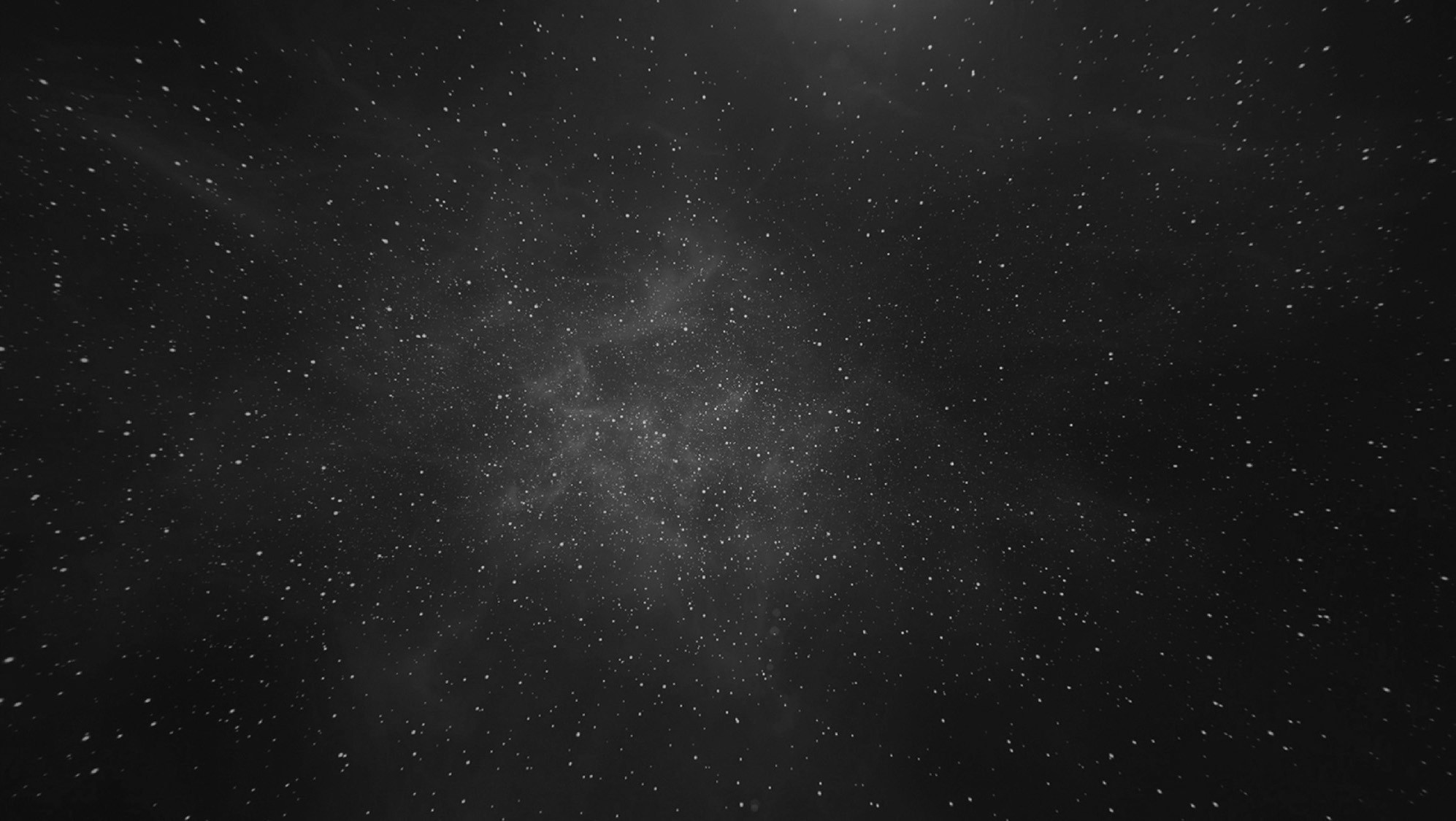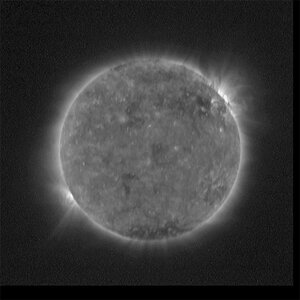Proba-2 catches solar eclipse
Europe missed Sunday’s solar eclipse on the other side of the planet but ESA’s space weather microsatellite Proba-2 passed repeatedly through the Moon’s shadow.
As a result, four partial eclipses were observed from Proba-2 as it flew 700 km above Earth. The first contact was made on Sunday May 20 at 21:09 GMT. The last contact finished at 03:04 GMT.
The solar eclipse gives researchers at the Royal Observatory of Belgium the chance to check the health of Proba-2’s main SWAP instrument, which monitors the Sun in extreme ultraviolet light. The places where the lunar disc covers the Sun should show up as black at these wavelengths.

Scattered light and instrument noise can render a pixel less black, however. The solar eclipse therefore helps to determine how well each pixel is performing.
Proba-2’s second Sun-watching instrument, LYRA – which measures solar output – gathered ‘extinction curves’ as the Moon gradually obscured the Sun. The signal became less intense during the eclipse as part of the solar radiation was blocked by the Moon.

But the decrease and subsequent increase are not symmetrical: stormier ‘active regions’ contribute the most to the signal and they are not spread uniformly across the solar disc.
Meanwhile, the microsatellite’s other two instruments surveyed the hole formed in the ionosphere, the electrically active topmost layers of Earth’s atmosphere, by the shadow of the eclipse.








